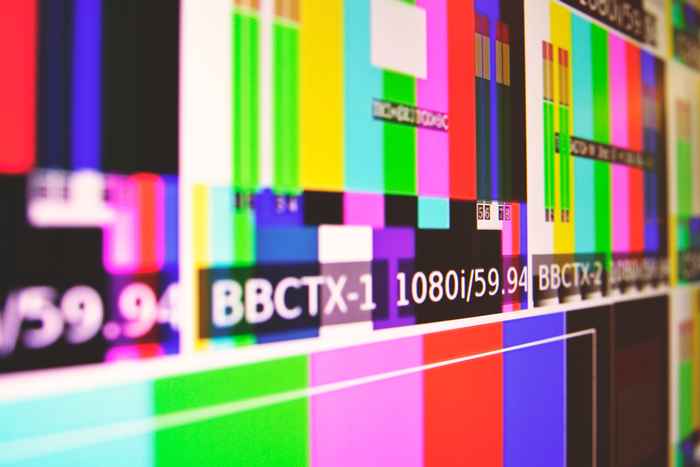Broadcasting and Building Minds: From radio to television in Austrian and European Schools (1924-1955)
- Date
- 7 November 2024
- Time
- 17:00

Maximilian Brockhaus (University of Vienna) Broadcasting and Building Minds: From radio to television in Austrian and European Schools (1924-1962)
The presentation explores the development of broadcasting in Austria from its inception on October 1st, 1924, with a focus on the "usefulness" of media, particularly radio and television, in educational contexts. I trace the timeline from the first broadcasts by the Austrian Radio-Verkehrs-A.G. (Ravag) to the introduction of television and a dedicated school television program in 1962. A central theme is how public broadcasting, in collaboration with education policymakers, evolved to serve educational purposes, especially for youth. Television’s role, especially in the context of school programs, becomes a focal point, showing continuity from earlier debates about the educational potential of radio. By discussing radio’s early aspirations and the later integration of television, I connect historical media practices to contemporary discussions on the educational value of new media.
For online participation, please register here.
Since spring 2023, the Useful Television Standing Seminar (organized by Anne-Katrin Weber, University of Lausanne, and Markus Stauff, University of Amsterdam) aims to facilitate the exchange between scholars interested in television’s application as a useful tool, rather than a mass medium. The examples range from military and industrial applications of television technology to its operational use in medicine, science, or sports. We partly build on older debates in film studies (e.g. non-theatrical cinema; useful film) and want to bring television into this debate. Looking at useful television requires to broaden and to complicate our understanding of what media do and how they do it. Additionally, it contributes to an alternative genealogy of “digital media”. The seminar organizes two or three meetings per semester for which we invite guest speakers, discuss the participants’ work in progress or new and old publications that seem of relevance.